Outsourcing software development is a choice that countless organizations continue to make, from tiny tech start-ups to massive Fortune 500 firms. Choosing to work with a software development partner offers many advantages, but it also entails a number of potential risks that should be managed with careful planning and frequent communication.
The good news is that trustworthy, excellent software development partners are out there to fit almost every development need. If you’re considering outsourcing any of the four types of software development challenges below, here are a few tips and words of advice.
- Digital Solutions
Today’s digital solutions are very different in many ways from what we used to call “IT”. The characteristics of digital solutions are self-service, customer centric, usability obsessed and focused on conversion. According to a PwC Digital IQ Survey, only 52% of executives at mid-market companies rate their Digital IQ as strong. If your organization currently lacks the experience and expertise to create engaging digital solutions, it’s probably faster and wiser to outsource the project to an expert rather than attempting to do it alone. Because you’re entrusting a third party with the success of the digital product, however, your potential partners should be vetted as thoroughly as you would any employee.
When evaluating partner companies, you should always ask for references from previous clients. Come prepared with a list of questions to assess their knowledge, experience and track record and to understand their approach to digital product development and management.
- Large Product Development Projects
Sometimes projects are simply too large for in-house resources alone to tackle, and the risk of overextending your team can result in teamwork breaking down. When it feels like there is too much work to do and teams don’t have time to collaborate is exactly when the agile scrum process must persevere. Large projects present major vulnerability points to collaboration, but when that process breaks down, success rates are sabotaged.
A software partner can become the glue for that team framework. It’s intrinsic to find a software development partner with agile practice in its DNA: one that can recognize your company’s cultural tendencies and react by pulling everyone back into the process.
- Agile Transformation
As with some projects that require more resources than you have available in-house, teams can become stuck in comfortable processes that yield slow or underachieving software development capabilities. It’s next to impossible to continually grow your team and innovate your software without the jolt of collaboration and participation that the agile process brings.
Disruption must happen within your company before you make it happen within your industry. The right software partner can coach your team through the agile adoption process, instilling the methods that foster communication and accountability until they become second nature and results become evident.
- Continuous Delivery with DevOps
You may be already exploring DevOps tools in an effort to speed up product delivery. If so, you know first-hand that deployment automation and continuous delivery are complicated both technically and organizationally. Your development team needs to learn new skills, e.g. unit tests, branching, etc. You need to adopt new product architectures. Your QA professionals need to learn and create test automation. You will need to adopt new technical tools, gain cloud platform expertise, and learn infrastructure automation (Infrastructure as Code). Finally, all of this technical know-how won’t deliver its promises without better organizational collaboration and culture.
The right software partner can assess your organizational readiness, recommend best practices and tools and provide a transformation plan so that you can better implement those DevOps tools and practices in your organization. Learning and DevOps adoption is more effective if it is “hands on” rather than in a classroom. Working with an expert partner that can lead, coach and evangelize DevOps best practices within your organization while you work on your critical software product together is the fastest path to DevOps success.
Final Thoughts
No matter what your outsourcing needs are, the lessons here are clear. Working with an outside partner for your custom software development tasks can be a smart choice, but you need to make sure you find the right one; the success of your project hangs in the balance. Vet potential partners thoroughly, and choose one with a good reputation and strong technical knowledge. Read more to decipher if your project is ready to partner up with an outside resource for software development.
Originally Published at SmallFootprint.com.
